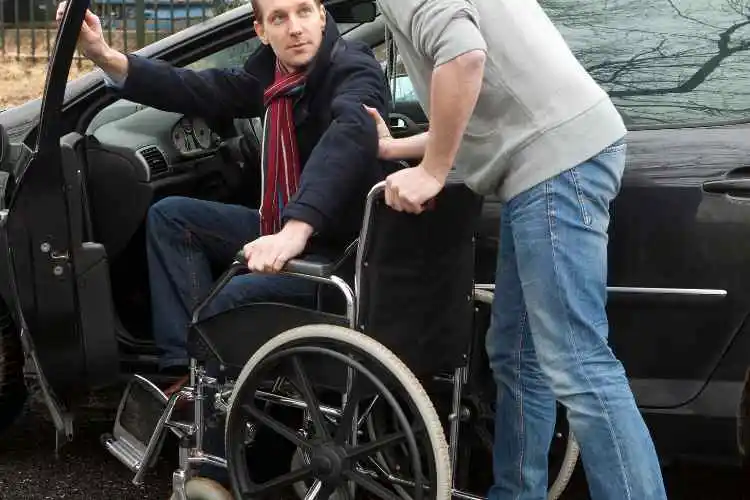Transportation plays a crucial role in the lives of individuals, offering a sense of independence and freedom. For persons with disabilities, this aspect of life can be challenging, necessitating the need for special vehicles designed to cater to their unique needs. With a myriad of options available, finding the right vehicle can be daunting. Here we will discuss about the process of identifying and acquiring the perfect special vehicle for persons with disabilities.
Understanding the Needs
The first step in finding a special vehicle is understanding the specific needs of the individual. Disabilities vary widely, and so do the requirements for transportation. Some individuals might need wheelchair-accessible vehicles, while others might require custom control systems suited to their physical capabilities. Consulting with healthcare professionals and occupational therapists can provide valuable insights into the most suitable type of vehicle.
Types of Special Vehicles
- Wheelchair-Accessible Vehicles (WAVs): These vehicles are modified to allow wheelchair users to enter without leaving their chair. Modifications include ramps, lifts, and lowered floors. They come in various sizes, from small cars to larger vans, depending on the user’s preference and needs.
- Adapted Cars: For those with limited mobility but not necessarily wheelchair-bound, adapted cars with special controls are available. These controls include hand-operated brake and accelerator systems, steering aids, and pedal extensions.
- Specially Adapted Vans: Larger than WAVs, these vans can be equipped with features like side-entry systems, wheelchair lifts, and customized seating arrangements to accommodate multiple wheelchairs.
- Paratransit Services: Some individuals might prefer not to own a vehicle but rather use special transportation services. Paratransit services offer door-to-door transportation for persons with disabilities, often as a supplement to public transit systems.
Research and Availability
Research is key in finding the right vehicle. Many manufacturers and dealers specialize in special vehicles for persons with disabilities. Online platforms, disability forums, and non-profit organizations can be excellent resources for information and recommendations. Additionally, attending disability expos and trade shows allows for firsthand experience with different types of vehicles.
Financial Considerations
Special vehicles can be costly, but there are financial aids and programs available to ease the burden. Government grants, subsidies, and VAT exemptions are some of the financial support options available in many countries. It’s also worth exploring insurance options that cover vehicle adaptations.
Test Drives and Customization
Before making a purchase, it’s crucial to test drive the vehicle to ensure it meets the user’s needs. Most dealers offer demonstration models for this purpose. Customizations can be made after purchase to tailor the vehicle even more closely to the individual’s requirements.
Maintenance and After-Sale Support
Choosing a vehicle with reliable after-sale support and maintenance services is essential. Regular maintenance ensures the longevity and safety of the vehicle. Opt for dealers and manufacturers who offer comprehensive after-sale services.
Vehicle Shipping
Once the perfect vehicle is selected, arranging for its delivery is the next step. Many dealers offer vehicle shipping services to conveniently deliver the vehicle right to your doorstep. This is especially useful if the vehicle is purchased from a location far from your home or if mobility constraints make it difficult to pick up the vehicle in person. Ensure that the shipping process is handled by professionals experienced in transporting special vehicles to maintain their integrity and functionality during transit.
Conclusion: Finding the right special vehicle for a person with disabilities is a process that requires careful consideration, research, and consultation with professionals. By understanding the individual’s specific needs, exploring the various types of vehicles available, and considering financial and after-sale aspects, one can successfully acquire a vehicle that offers freedom, independence, and a higher quality of life. Remember, the right vehicle is out there; it’s about taking the time to find it.

